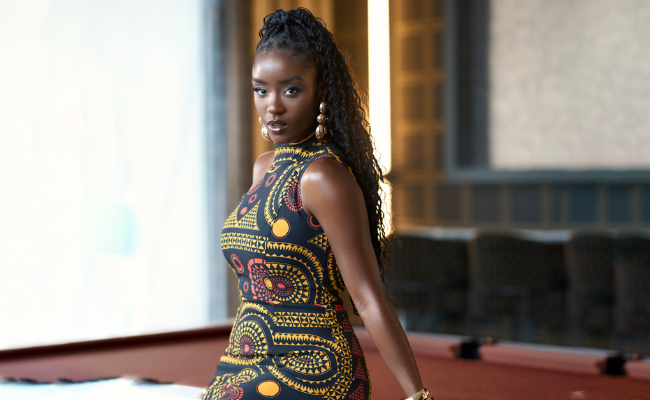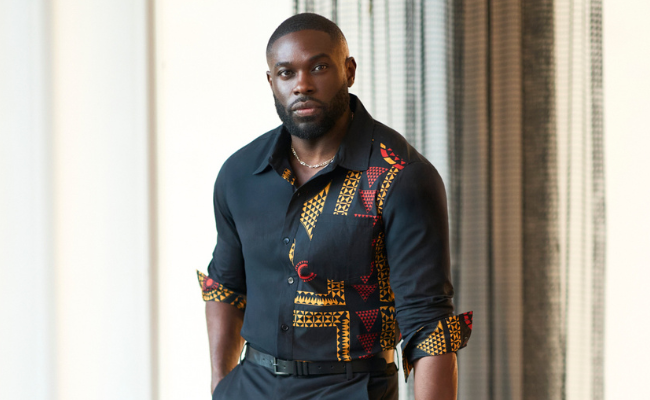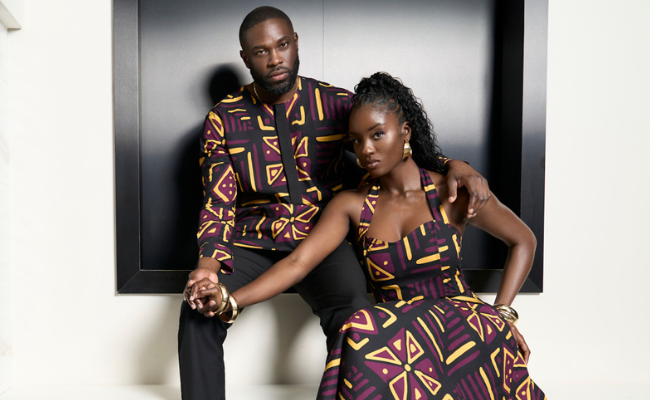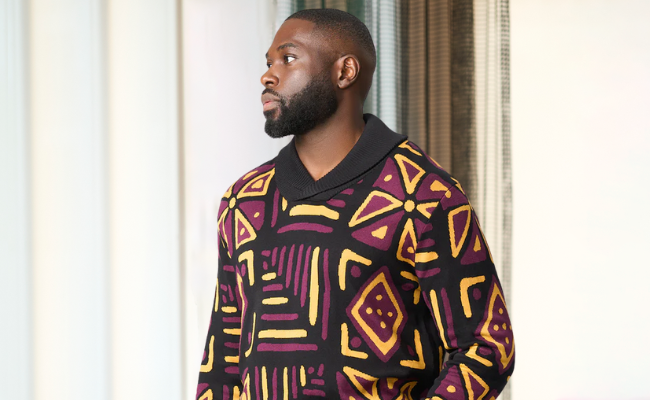Everything You Need to Know about Indigenous Peoples' Day
Dating back to 1937, the history of national holiday Columbus Day has been taught as the day that Christopher Columbus arrived in the Americas on October 12, 1492. On the contrary, there’s been a total oversight for the contributions of this land’s first people, Native Americans. It wasn’t until the rise of the 1990s that dozens of U.S. cities, universities and a few states decided to acknowledge the newly dubbed holiday, Indigenous Peoples’ Day. Not by coincidence, the holiday typically falls on the same day as Columbus Day every year.
Wondering why states like Minnesota, Alaska, Maine, Louisiana, Oregon, New Mexico, Nevada, Vermont, and South Dakota decided to replace Columbus Day with Native American’s Day or Indigenous Peoples’ Day? Most activists would argue that Columbus Day is not to be celebrated. Any holiday, statue or other memorials of Christopher Columbus represents the enslavement of Native Americans and miseducates the masses in thinking that he discovered an already socialized land.
Indigenous Peoples’ Day was created on the foundation of honesty and fair representation of American values. This holiday was the genesis of a movement that acknowledged the atrocities Christopher Columbus committed, while simultaneously spotlighting America’s native people. Nonetheless, Indigenous Peoples’ Day won’t ever fully rectify the erasure of Native American history, but hopefully the holiday will motivate U.S. citizens to educate themselves or advocate for change in what’s written in U.S. history books.
Most mistake that the Native American culture is a lifestyle of the past. When celebrating Indigenous Peoples’ Day, understand that there are still living people who continue to practice their culture today. As U.S. citizens, it’s our duty to dispel the myth of the so-called hero, Christopher Columbus and educate others on the history of Native peoples accurately. For this Indigenous Peoples’ Day, commemorate the contributions of Native Indigenous Americans by spreading awareness of both their history and contemporary culture.



















Leave a comment
This site is protected by hCaptcha and the hCaptcha Privacy Policy and Terms of Service apply.